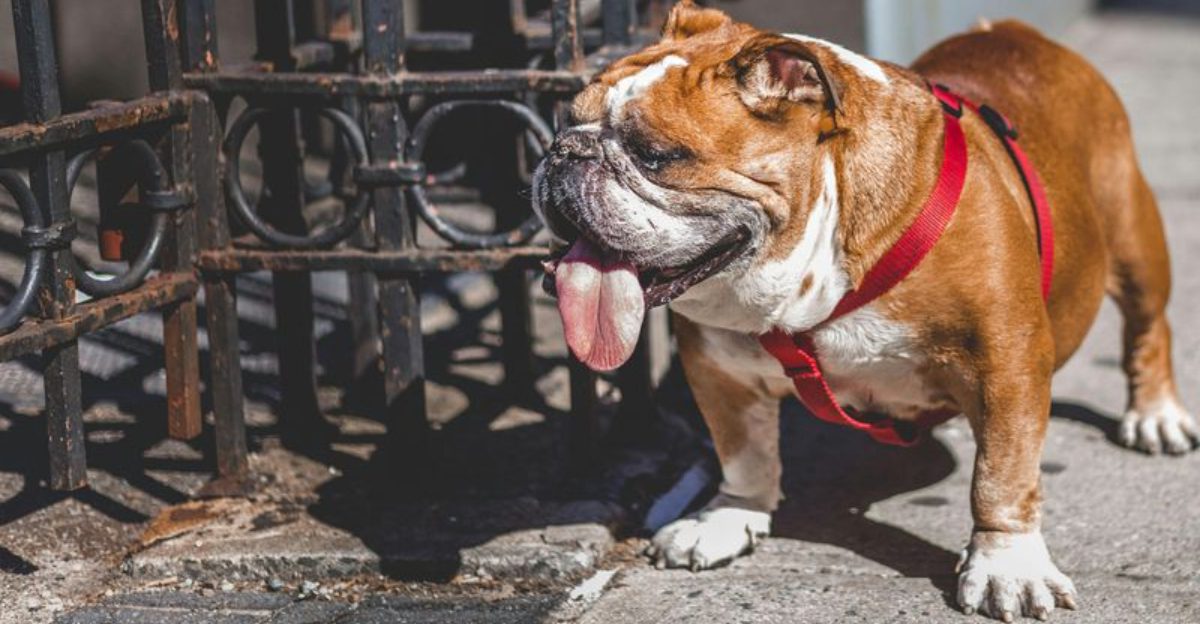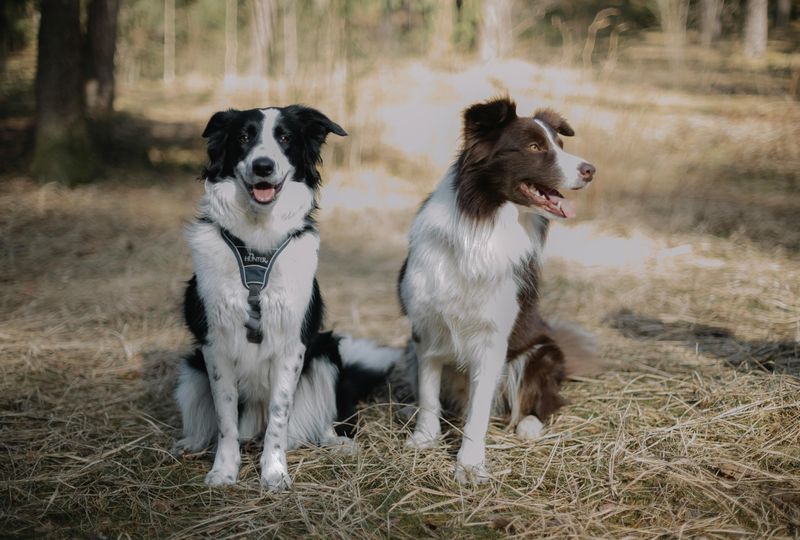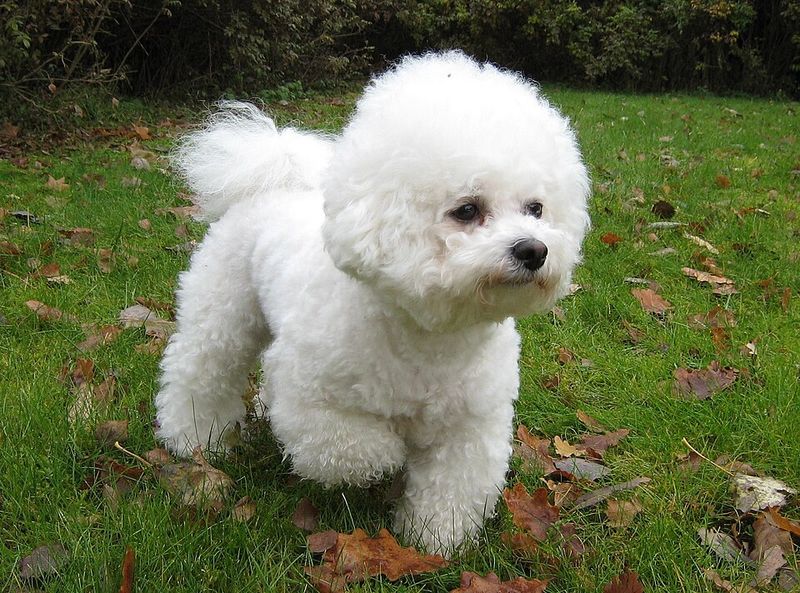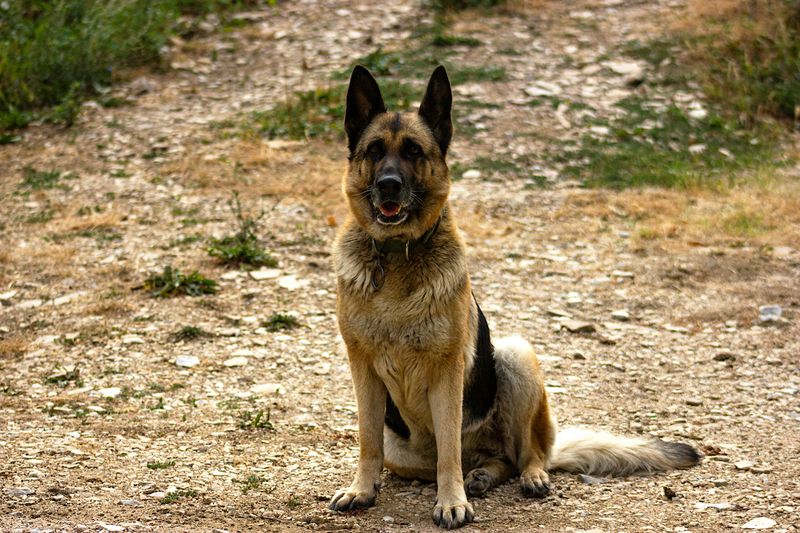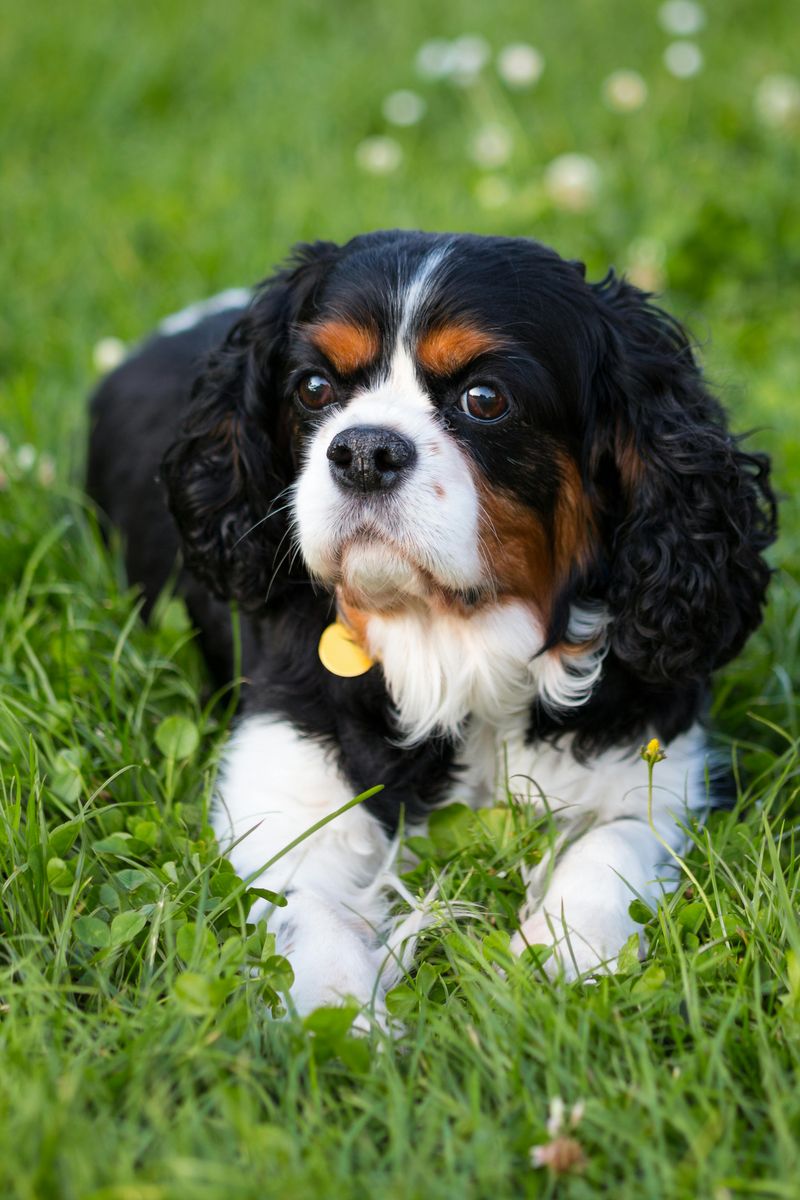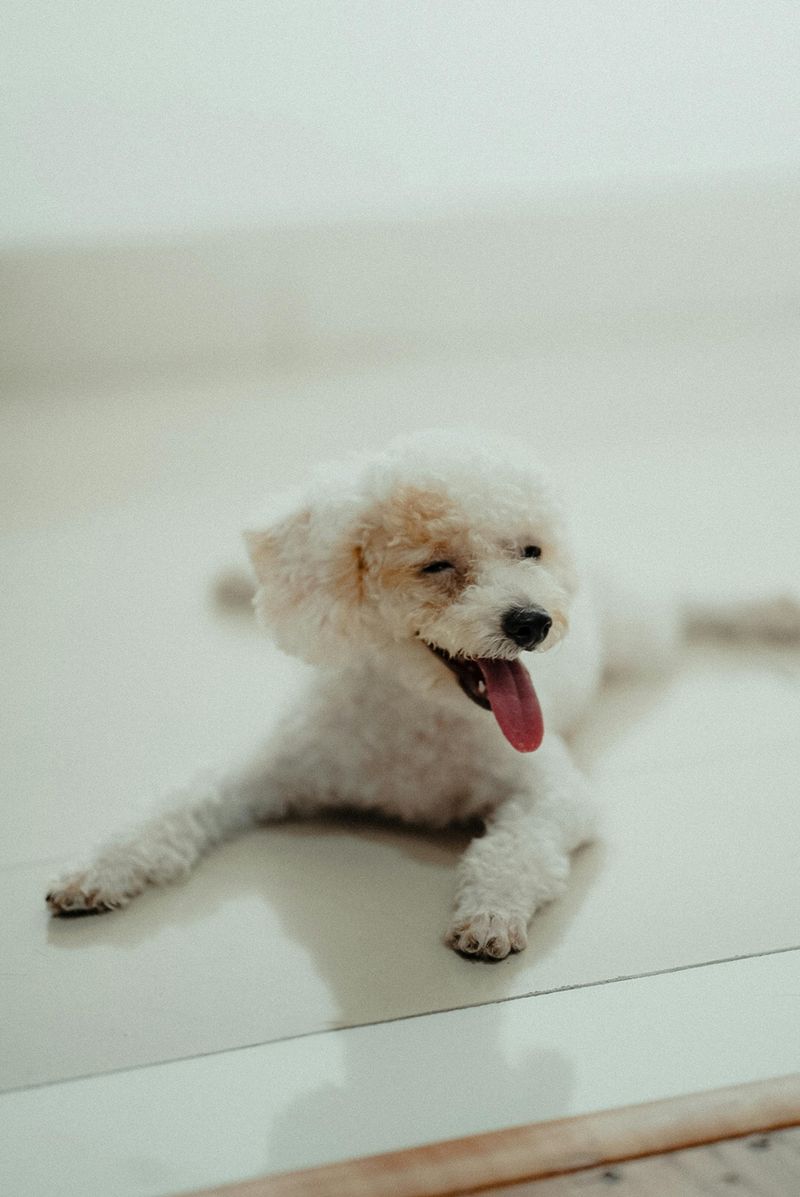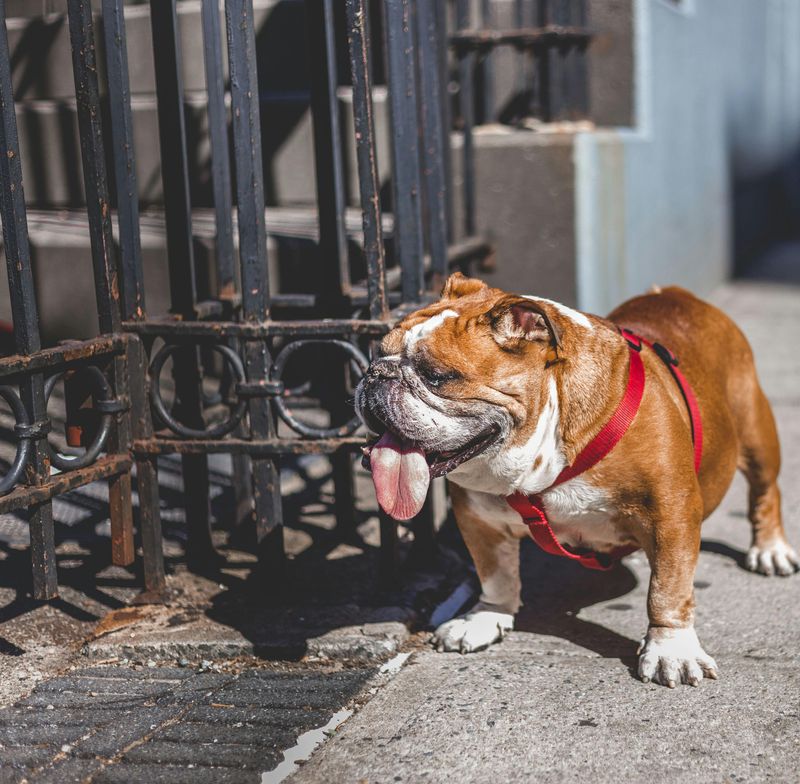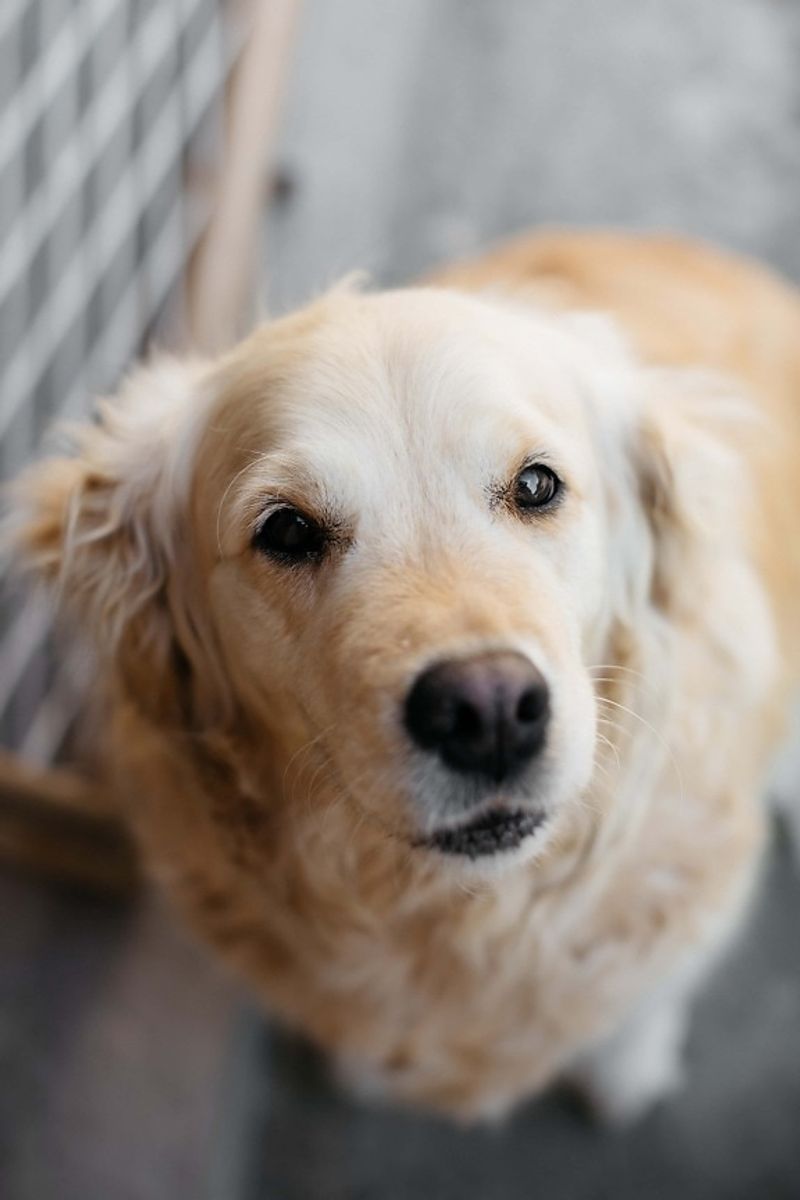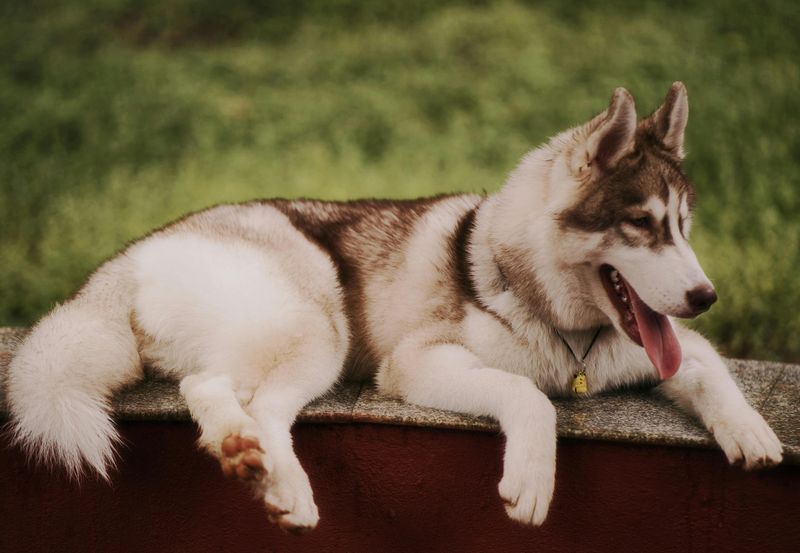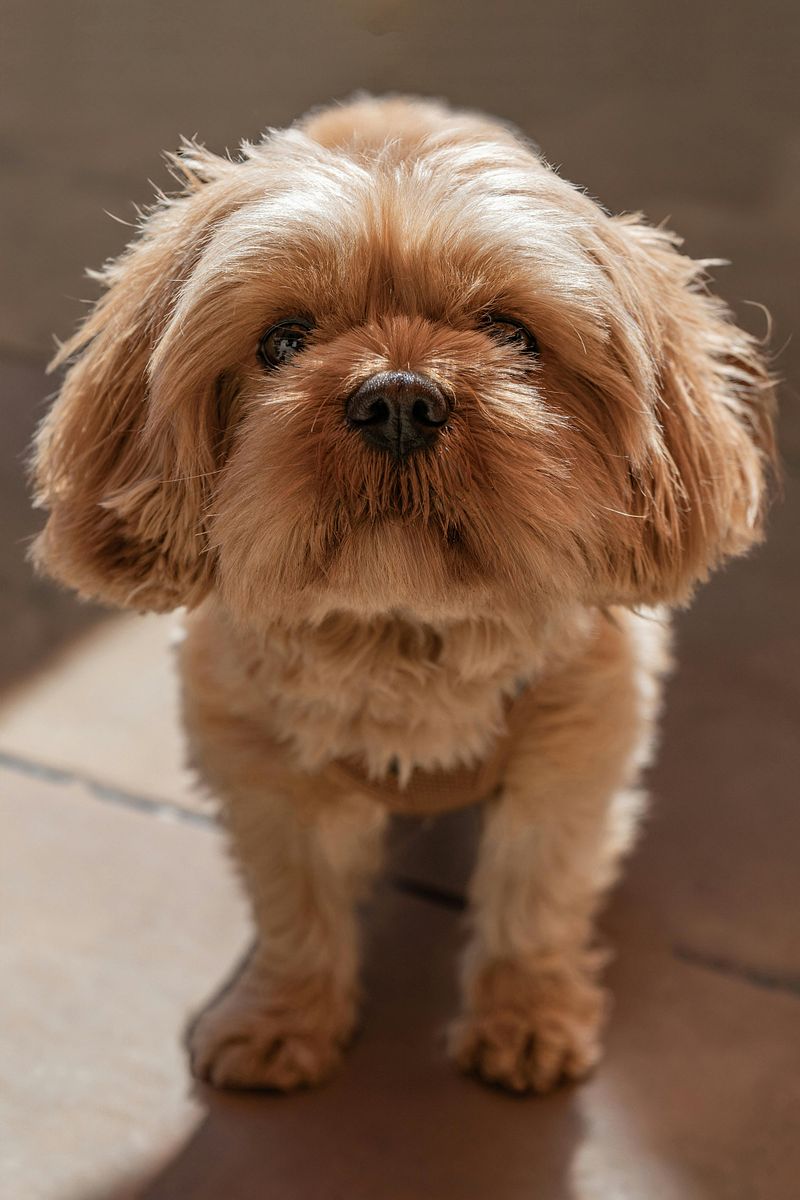Some dog breeds find it difficult to adapt to changes in schedules, leading to anxiety and behavioral issues. Understanding these breeds’ unique needs can help owners provide a stable and comforting environment.
Border Collie
Known for their intelligence, Border Collies often struggle with changes in routine. Their sharp minds crave stimulation and predictability.
A sudden shift can lead to anxiety, manifesting as restlessness or destructive behavior.
Keeping them engaged with mental games and regular exercise can help ease transitions. Establishing a consistent schedule and providing interactive toys can mitigate stress.
Bichon Frise
The Bichon Frise, with its cheerful demeanor, may be more sensitive than it seems. Schedule disruptions can throw off their sense of security.
These playful dogs thrive on attention and may become moody if left alone unexpectedly. Scented comfort items or regular playdates can provide reassurance.
Frequent, short activities can keep them content and adaptative.
German Shepherd
Valiant and loyal, the German Shepherd is surprisingly vulnerable to routine changes. Their protective nature can lead to heightened anxiety.
Unfamiliar schedules might cause them to become overprotective or aloof. Consistent training and clear communication can help.
Engaging them in familiar tasks regularly promotes stability and confidence.
Cavalier King Charles Spaniel
With eyes that seem to reflect the world, Cavaliers are deeply emotional. They form strong attachments and changes may unsettle them.
A deviation can lead to separation anxiety, making them clingy or withdrawn. Gentle reassurance and routine can alleviate stress.
Short, calming activities, like gentle grooming, reinforce security.
Poodle
Poodles, with their elegance and intelligence, may be more sensitive to change than expected. Sudden shifts can trigger uncertainty.
Their adaptability can be challenged, leading to nervous habits. Providing mental exercises and maintaining familiar routines can help stabilize their world.
Incorporating soothing music may also ease transitions.
Dachshund
These charismatic little fellows often find routine shifts perplexing. Their curiosity and stubborn nature mean disruptions can lead to anxiety.
Unpredictable changes might cause destructive chewing or barking. Keeping activities varied yet familiar helps them adjust.
Short, consistent playtimes interspersed with rest offer comfort.
Bulldog
Despite their tough exterior, Bulldogs have a sensitive side. Changes to their routine can leave them feeling unsettled.
They might become lethargic or uncharacteristically moody. Consistent meal times and comforting physical presence can provide stability.
Gentle walks and treats maintain their contentment.
Chihuahua
Small in size but big in personality, Chihuahuas are incredibly attached to their routines. Shifts can lead to nervousness.
This may manifest as trembling or excessive barking. Keeping their schedule consistent and providing a quiet space can help calm them.
Frequent, gentle interactions reinforce their sense of security.
Golden Retriever
Golden Retrievers often wear their hearts on their sleeves. Their affection is endless, making them sensitive to change.
Altered routines might cause them to become withdrawn or anxious. Regular outdoor activities and gentle reassurance foster confidence.
Interactive games and consistent companionship are key.
Siberian Husky
With their striking eyes and adventurous spirit, Huskies find routine changes disorienting. This can lead to restlessness or vocal expressions.
Providing structured outdoor activities and consistent engagement can soothe their adventurous souls.
Fun obedience exercises help maintain balance and happiness.
French Bulldog
The delightful French Bulldog may struggle with unpredictability in their surroundings.
Routine changes might make them clingy or withdrawn. Regular cuddles and consistent walks help them feel secure.
Incorporating playtime with familiar toys reassures them of stability.
Shih Tzu
Shih Tzus, with their regal air, might find changes unsettling. Their sensitive nature requires gentle handling of transitions.
Schedule alterations can lead to anxiety or aloofness. Keeping grooming routines consistent provides comfort.
Short, gentle play sessions and affectionate attention promote well-being.
Labrador Retriever
Labradors, known for their warmth, thrive on routine. Disruptions can lead to unease or overexcitement.
Maintaining a steady environment with regular exercise and affection helps them adapt.
Interactive games and consistent socialization reinforce their comfort and joy.
